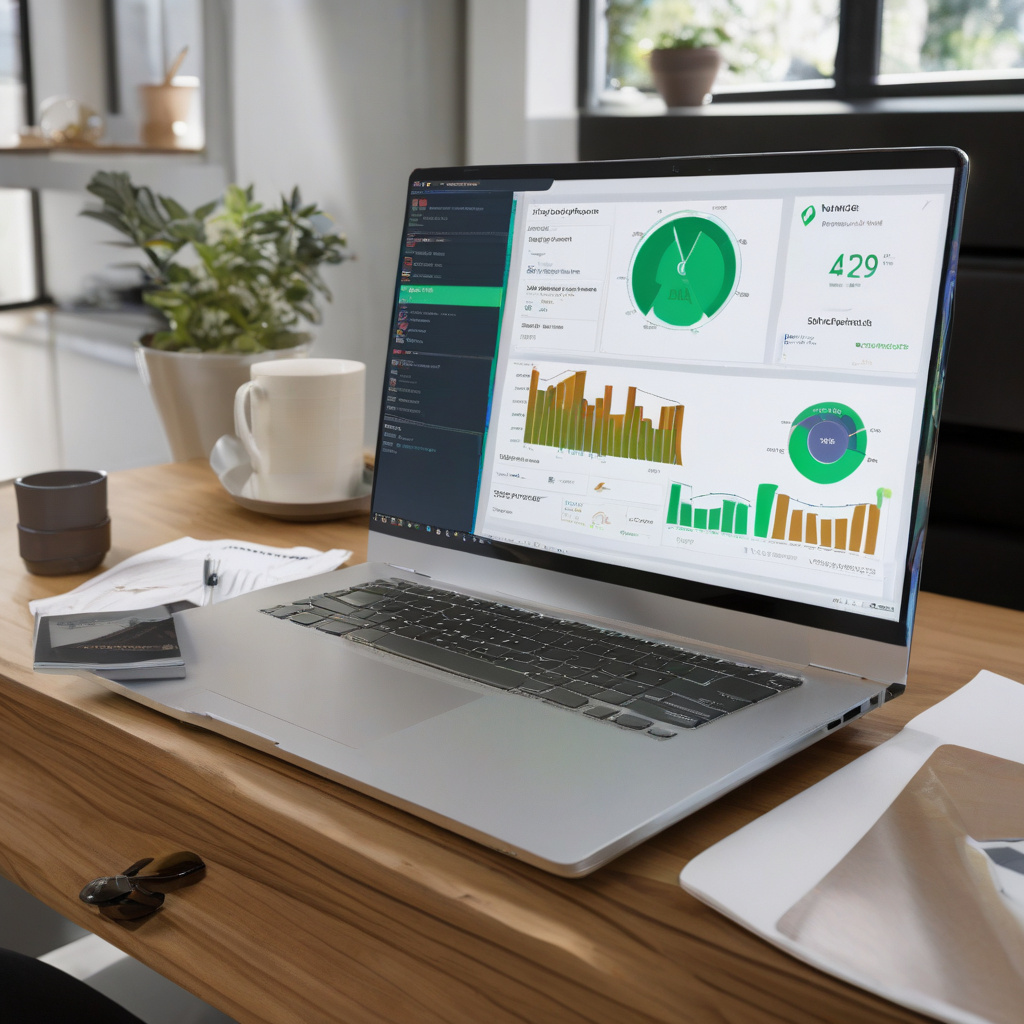In the fast-paced world of technology, where efficiency is key, the impact of antivirus software on system performance is a topic of great interest. We all know the frustration of a sluggish computer, where every click seems to take an eternity to register. At the same time, we also understand the critical need for robust antivirus protection in today’s cyber landscape. So, how do these two factors intersect, and what does it mean for your system’s performance?
Antivirus software plays a vital role in safeguarding your system against a myriad of cyber threats, from viruses and malware to ransomware and spyware. It acts as a digital shield, constantly scanning and monitoring your files, emails, and web traffic for any signs of malicious activity. This proactive approach is essential in preventing cyber attacks and data breaches, which can have far-reaching consequences for individuals and organizations alike.
However, this vigilant protection comes at a cost. The very nature of antivirus software, with its continuous background scanning and real-time monitoring, can consume system resources. This can manifest in various ways, such as increased CPU usage, memory consumption, and disk activity. As a result, some users may experience a slowdown in their system’s performance, particularly when running resource-intensive tasks or applications.
The impact of antivirus software on system performance can vary depending on several factors, including the software itself, the system’s hardware specifications, and the user’s computing habits. High-quality antivirus programs are designed to minimize their resource footprint and optimize performance without compromising security. They employ advanced algorithms and smart scanning techniques to efficiently detect and neutralize threats while minimizing impact on system resources.
Moreover, modern antivirus software often includes features like scheduled scans, idle-time scanning, and cloud-based detection to further reduce performance overhead. By leveraging these technologies, antivirus programs can strike a balance between robust protection and minimal system impact. Users can also customize settings and exclusions to fine-tune the software’s performance according to their needs and preferences.
It’s essential for users to choose a reputable antivirus solution from a trusted provider and keep it regularly updated to ensure optimal performance and security. Regular software updates not only deliver the latest threat definitions but also include performance enhancements and bug fixes that can improve overall system efficiency.
In conclusion, while antivirus software may have some impact on system performance, the benefits of robust cybersecurity far outweigh the potential drawbacks. By selecting a reliable antivirus solution, staying informed about best practices, and optimizing settings for efficiency, users can enjoy a secure computing experience without compromising speed and performance. So, next time you notice your system running a bit slower, remember that it’s a small price to pay for the peace of mind that comes with knowing your digital life is protected.

